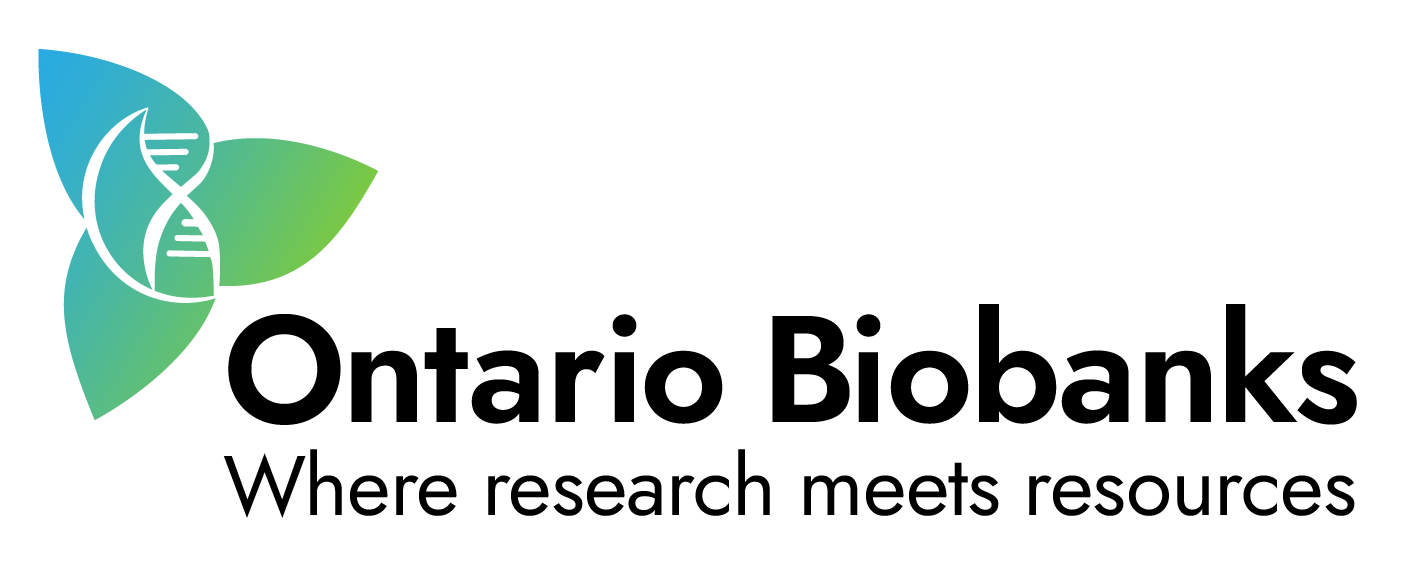OHS joins Ontario Biobanks
Nov 11, 2025 // Study Updates

If your research project needs biosamples from the Ontario Health study, we will get you the blood, urine, or DNA samples you need in a timely fashion. If we don’t have what you need, we will plug you into a new network of provincial biorepositories.
The OHS is a founding member of Ontario Biobanks, a collaborative network of 10 biorepositories formed with the goal of streamlining researcher access to high-quality biospecimens and data across institutions.
Launched in 2025, Ontario Biobanks is currently building a centralized request process to streamline researchers’ access to several biobanks and make it easier to source and access samples from more than one biobank at a time. This will include an online searchable catalogue, harmonized application, material transfer agreement (MTA), and standardized access fees.
In the meantime, Ontario Biobanks is referring requests out to its network of members and affiliates to improve access and visibility to biobank resources, said Katarina Maksimovic, Project Lead of Ontario Biobanks at the Ontario Institute for Cancer Research.
Working with the OHS and other members and affiliates of Ontario Biobanks, Maksimovic has led the development of Ontario Biobanks from its roots as the Association of Ontario Tumour Biobanks. Got a query for Ontario Biobanks?
